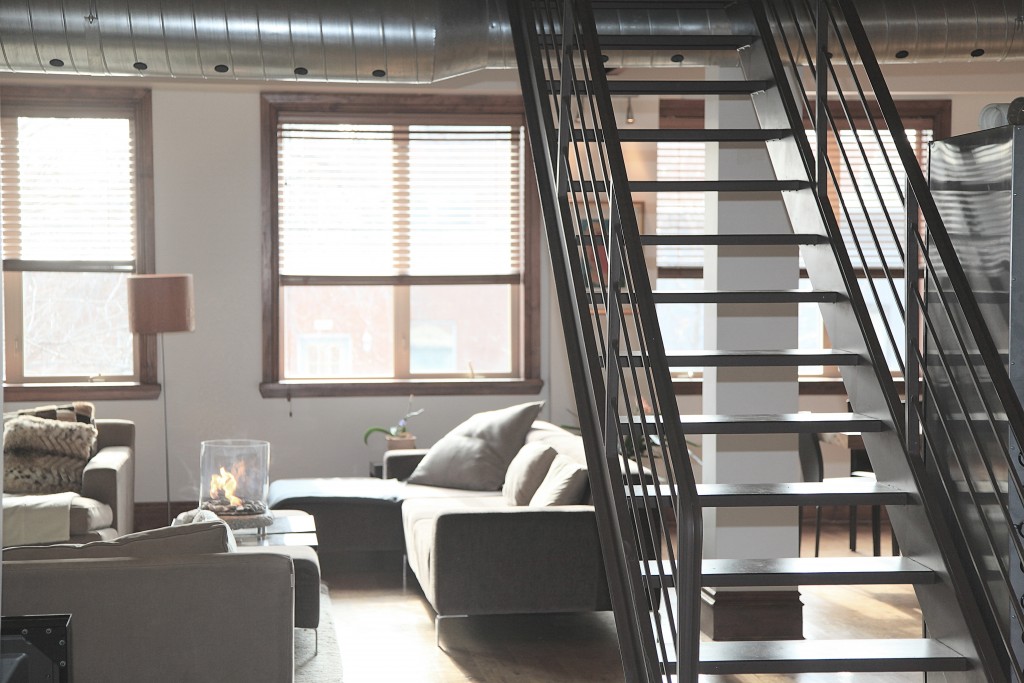While we can’t all build a portfolio of hotels, condos and resorts with our names on them like Donald Trump, plenty of individuals include real estate investment in their long-term strategy to build wealth.

For most people, their home is their biggest asset, particularly after they’ve owned it for a decade or more and have paid down their home loan to build equity. Of course, most people also appreciate the inherent value of living in a place they own and love.
From an investment point of view, your primary residence not only builds in value over time, it also provides you with a tax benefit when you write off your mortgage interest payments on your taxes. In addition, you receive protection (up to $250,000 or $500,000 if you’re married) from capital gains taxes when you sell it.
If your home has increased in value over time, you may be thinking you’d like to own more real estate. If so, you can look into purchasing a second home or vacation home for yourself—or purchasing a property you intend to sell or rent.
Vacation Home Purchasing as Real Estate Investment
A second home you use for vacations can be treated the same way as your primary residence, with your mortgage interest payments tax deductible, but typically you’ll need to make a down payment of at least 20% to 25%—and you must have good credit along with the income to handle the additional mortgage payments.
If you opt to rent out your home for more than 14 days a year, the property will be considered an investment property and the tax treatment changes. You’ll only be able to deduct the expenses considered part of the investment—such as mortgage interest and maintenance or repair costs—proportional to the number of days the property is rented.
A vacation home can be an excellent investment both for your quality of life—but also as a future retirement home or an asset to earn income or to sell when you retire.
Buy and Flip or Buy and Rent?
If you’re more interested in owning real estate for purely investment purposes, you’ll need to think carefully about how much time and money you want to put into a real estate investment.
You should work with a REALTOR® who invests in property and knows about your local market, but you also should educate yourself about your current market conditions. Ideally, you should buy when prices are low and sell when prices are high, but market timing can be difficult.
Some investors opt to buy property that needs repair, do the work and then sell it within a short time period (“flip”). Whether that works for you depends on whether you can do some of the work yourself or have reliable contractors available.
In addition, you need to be fairly certain you find a property at the right price and then find a buyer willing to pay enough so you make a profit beyond the money you put into it. You should have funds available for a down payment of 20% to 25%, good credit, and funds for the repair work—as well as to make the payments until the property sells.
Many real estate investors prefer to buy a home and rent it, but you need to be prepared for the possibility your property could remain empty in between renters. You’re also responsible for all maintenance and repairs, so you need to be prepared financially and emotionally for that commitment. You need to educate yourself about home prices in your area—but also about rental rates and demand to see if you can keep the property rented at a rate to cover your mortgage payments (or most of it).
Acquiring and managing a real estate investment requires a team of professionals including a REALTOR®, a tax advisor and good contractors you can rely on to renovate or repair a property to keep it attractive for renters or buyers.
Published by Michele Lerner on realtor.com.
